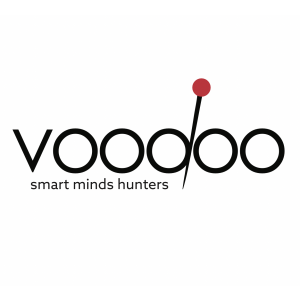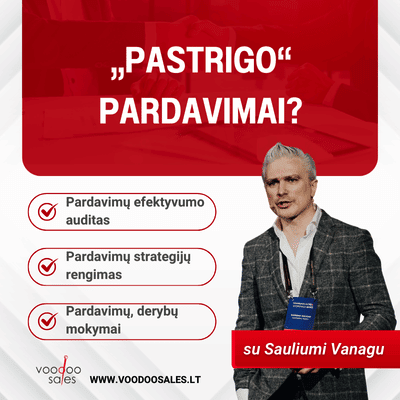"TELL ME ABOUT YOURSELF" IS A STUMBLING BLOCK IN A JOB INTERVIEW: how to overcome it?
1 year ago
Jūratė Jurginytė, career & leadership couch | Prasmingi pokyčiai |
When speaking with candidates, I often hear nervousness in their voices and uncertainty about what specifically to say when asked to "tell me about yourself" in a job interview.
What you really shouldn't do is start talking about where and when you studied, what city you're from, or all the different jobs you've had... Why? It distracts and directs attention to unnecessary details, while the essence and value you bring in tend to slip away.
Your introduction acts as gates, allowing you to showcase your professional identity, and how you handle this initial situation can significantly impact your career trajectory.
In this article, we'll delve into the nuances of an engaging self-introduction, complemented by practical tips and illustrative examples.
1. Craft your introduction "pitch":
Simply put, your "pitch" is your professional introduction. It's the first impression that can leave a lasting impact. Tailor and master it to reflect your professional journey, aligning it with the role at the new company.
Let's imagine you're applying for a marketing position:
"Over the past five years, diving into the dynamic world of marketing strategy, I've orchestrated campaigns that exceeded set benchmarks. Additionally, at Company X, I spearheaded initiatives resulting in a 30% increase in customer engagement. I'm eager to align with your innovative marketing team to achieve your organization's and team's goals."
2. Highlight your unique selling points:
Every candidate has a unique set of skills. Understand yours well and articulate how they set you apart from others. Suppose you're applying for a data analyst role:
"My strength lies in transforming complex data into actionable insights. My achievements encompass not just data analysis but also a communicative finesse that turns numbers into strategic gold. This analytical mindset undoubtedly complements your team's commitment to leveraging data for critical decision-making."
3. Craft a narrative:
Share snippets of your professional journey as an engaging story or infuse emotion that adds meaning to it. A well-crafted story not only captivates your listener but also showcases your ability to tackle challenges.
Imagine yourself in a job interview for a project management role:
"As a project manager, I faced what seemed like an insurmountable final client delivery deadline. Collaborating with my team, we decided to tackle this issue together. It not only helped extend the deadline but also exceeded the client's expectations. This experience reinforced my belief in the power of teamwork and adaptability. These strengths are what I aim to bring to your dynamic project management team."
4. Show enthusiasm and cultural fit:
It's crucial to display genuine enthusiasm for the desired position and a clear understanding of the company's culture. Let your enthusiasm shine through and demonstrate how seamlessly you'll fit into their work environment:
"I'm genuinely excited about the creativity and innovation nurtured in your company. Observing your latest product launches and initiatives, I'd be thrilled to contribute to a team that values progressive thinking and tackles challenges positively."
5. Pay attention to non-verbal communication:
While words carry weight, non-verbal cues can speak volumes. Maintain eye contact, offer a firm handshake, and exude a confident demeanor. Your non-verbal communication complements your verbal message and creates an overall impression.
In summary, a job interview isn't just a session of questions and answers; it's storytelling. Share a compelling introduction by blending it with your unique qualities, an inspiring professional journey story, and exhibit enthusiasm and cultural fit.
Mastering the art of self-introduction will make you memorable to a recruiter or future manager, showcasing not just your professional prowess but also paving the way for future career success.

